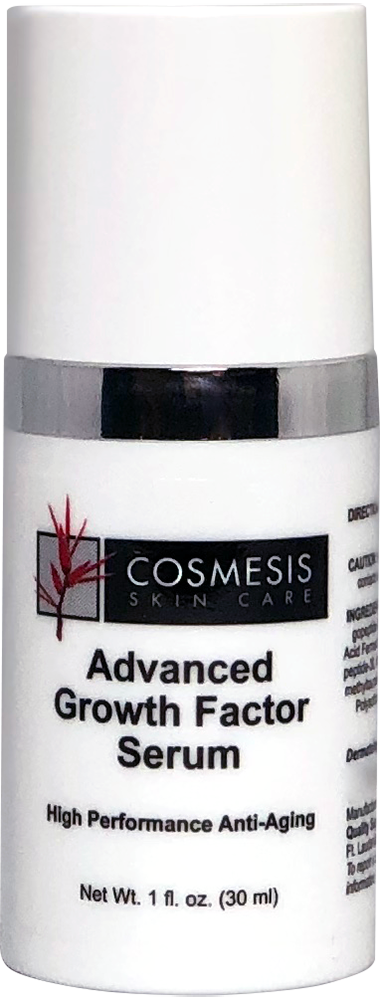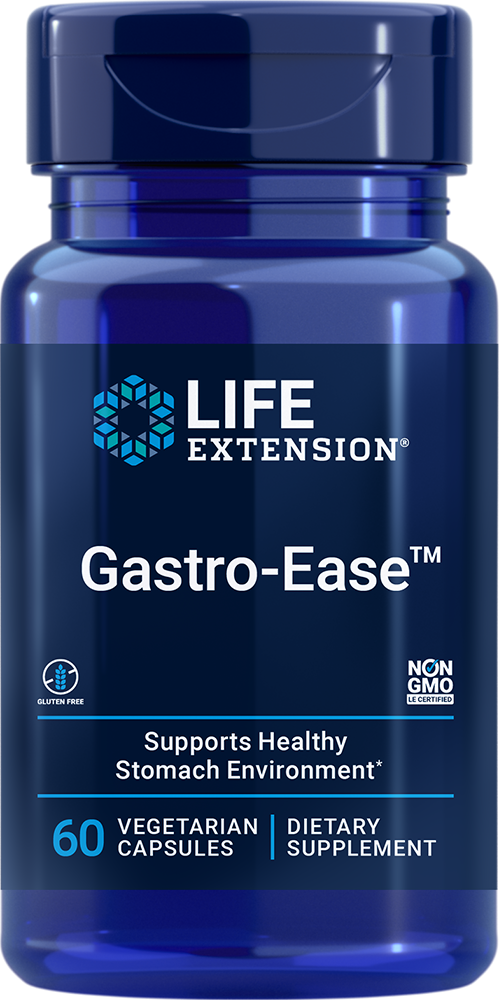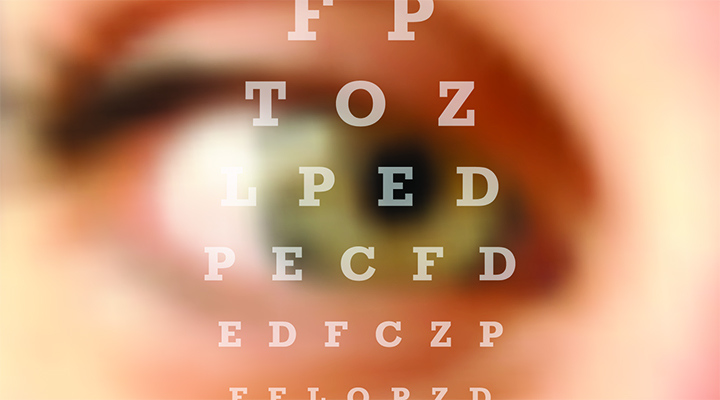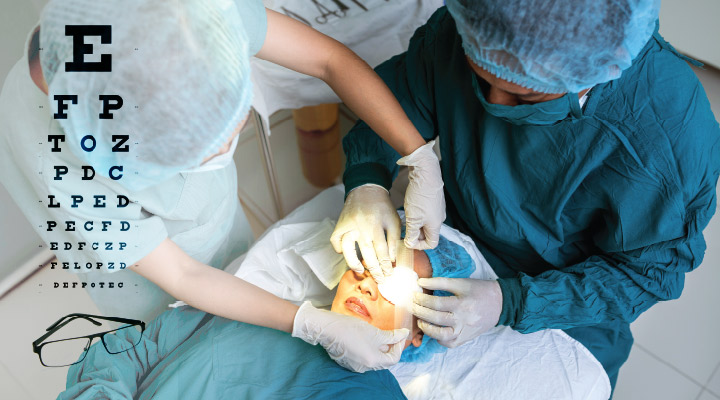Tuesday, June 6, 2017
A Brief Report appearing on May 11, 2017 in JAMA Ophthalmology revealed a lower risk of cataracts among men and women with a high intake of vitamin K1 (phylloquinone).
"Inflammation and oxidation could underlie the cataract formation," note Maria L. Camacho-Barcia, RD, MSc, and colleagues in their introductory remarks. "Because vitamin K has anti-inflammatory and antioxidant properties and is related to glucose and insulin metabolism, we hypothesize that dietary vitamin K1 intake would be associated with a decreased risk of cataracts among an elderly Mediterranean population."
The study included data from 5,860 men and women whose age averaged 66.3 years upon enrollment in the Prevencion con Dieta Mediterranea (PREDIMED) study, a randomized cardiovascular prevention trial involving participants at high cardiovascular risk. Questionnaires completed at enrollment and yearly thereafter provided information on the subjects' daily intake of vitamin K1 and other factors.
During a median 5.6 years of follow-up, 768 new cataracts were documented. Among those whose average daily intake of vitamin was among the highest one-third of subjects, at a median of 496.7 micrograms, there was a 29% lower adjusted risk of undergoing cataract surgery in comparison with subjects whose intake was among the lowest third, at 249.4 micrograms per day.
The authors observe that the eyes' lens proteins are subject to changes during aging accompanied by a compromised antioxidant system. Chronically elevated levels of blood glucose and inflammation, which can also occur with aging, additionally contribute to cataract formation. In agreement with epidemiologic studies that have revealed an association between a lower risk of cataracts and diets rich in antioxidant and anti-inflammatory nutrients, the current study's results could be explained in part by vitamin K's antioxidant and anti-inflammatory properties, as well as the vitamin's association with lower glucose levels.
"The results of this study suggest a protective role of high vitamin K1 dietary intake on cataract incidence in a senior Mediterranean population even after adjusting by other potential confounders," Camacho-Barcia and her associates conclude.













